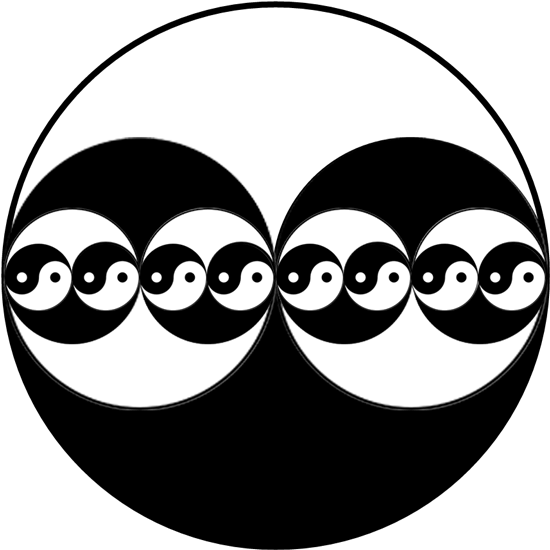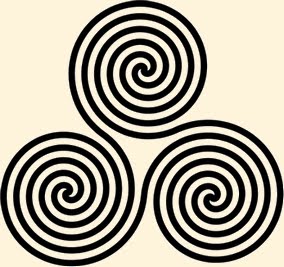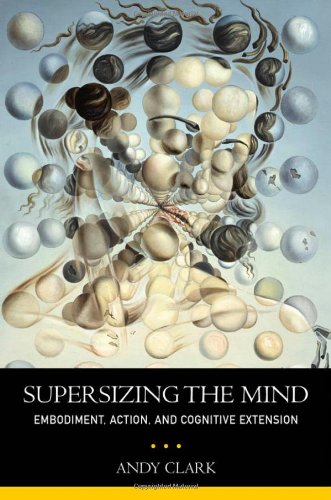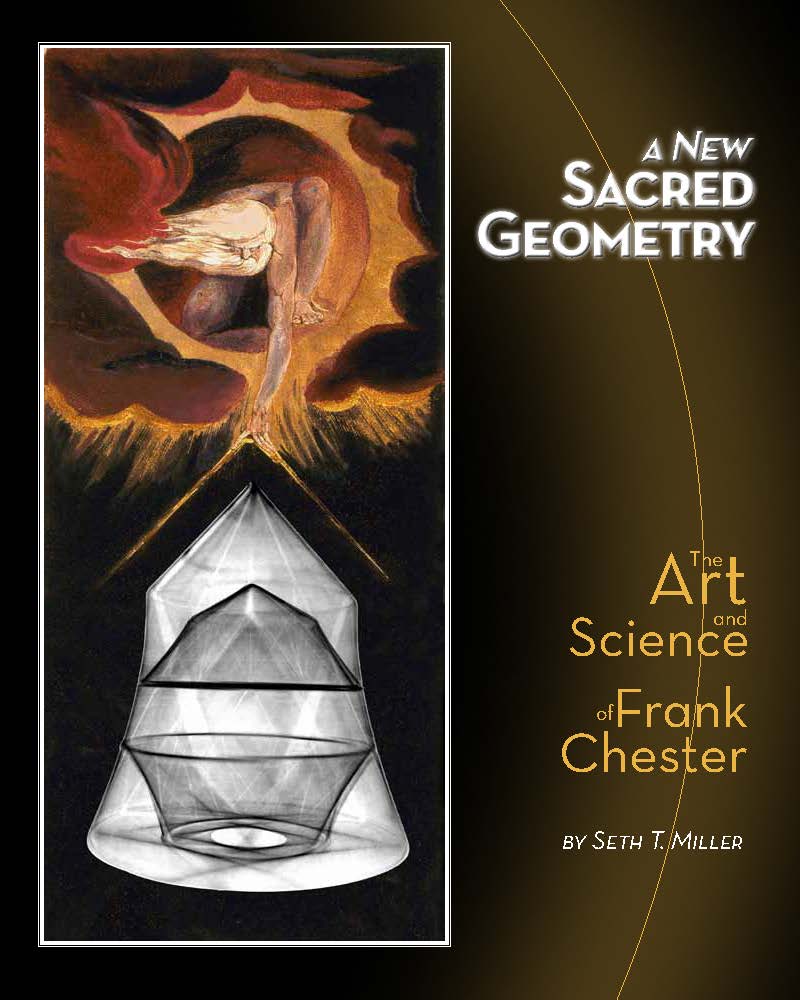Sep
06
2011
(New readers will want to start with the first installment.)
We ended the last installment with a recognition that the Laws of Form naturally led GSB to an understanding of both the necessity and importance of the realm of imaginary numbers. We will continue this elaboration.
You are likely familiar with the paradoxical sentence: "This sentence is...
Aug
30
2011
(New readers will want to start with the first installment.)
We ended the last installment having come to realize something of the esoteric significance of the taijitu, or yin-yang, form, in something of an extended tangent. We return now to the text.
GSB himself seemed to understand the importance of the Laws of Form, even if there...
Aug
23
2011
(New readers will want to start with the first installment.)
We ended the last installment noting that the first distinction must be of distinction, but this must be considered as a complex, recursive creation and simultaneous crossing of a boundary that is just precisely the boundary between that very activity of its creation and the fact...
Aug
16
2011
(New readers will want to start with the first installment.)
Let us continue our beginning:
LoF p. 1
We take as given the idea of distinction and the idea of indication, and that we cannot make an indication without drawing a distinction. We take, therefore, the form of distinction for the form.
If this doesn't strike you as having a "mystical"...
Aug
09
2011
(A full PDF of this article can be had here.)
George Spencer Brown (in his spirit, I would like to say: "Let George Spencer Brown = GSB"), a logician, engineer, and teacher, wrote a curious little book called Laws of Form, that inspired countless interesting people of widely varying backgrounds. The book is not a...
Jul
23
2011
There is a necessary recursion at the very heart of epistemology. Epistemology can never be founded upon a principle of linearity, where thinking traces its origin to something that lies before thinking, and somehow emerges or grows out of it, because the very existence of this "before", whatever its nature, must always be assumed...
Apr
18
2011
Every moment of transformation enacts an epistemology. Part of what it means to be human is to have the potential to awaken to this fact, and more: to recognize that the recognition of the inescapable relation between action and epistemology leads to the unfolding of a life-long quest and question: how do I know?...
Oct
15
2010
PDF: Goethean Studies Notebook (40mb)
PDF: Higher quality, print version (180mb)
This notebook was created as a personal record of the 1999-2000 Goethean Studies program at Rudolf Steiner College. This unique course, conceived of and taught primarily by Dennis Klocek, is still being offered -- it is now called Consciousness Studies. When I took the course,...
Sep
17
2010
By Seth Miller
Full PDF
Everyone dreams, but few people find sufficient interest in their dreams to move beyond mere curiosity at their strange contents. Even many who work with dreams as a part of a transformative practice usually concentrate on their content, and only more rarely question their form, ontology, and origins. Exploring these aspects,...
Sep
11
2010
When Minds Won’t Stay Put:
A Review of Andy Clark’s Book Supersizing the Mind: Embodiment, Action, and Cognitive Extension
by Seth Miller
Ask your neighbor: “If you had to locate your mind, where would you point?” In all likelihood, the overwhelming response will be a finger on the cranium. Ask Andy Clark, a professor of Philosophy in...
Jul
18
2010
The movie Inception is the best “question reality” movie since the Matrix (ultimately the Matrix is better, in my opinion), and it raises many fascinating questions having to do with the differences between the two primary states of consciousness available to humans today: waking and dreaming.
This issue has been around for about as long...













